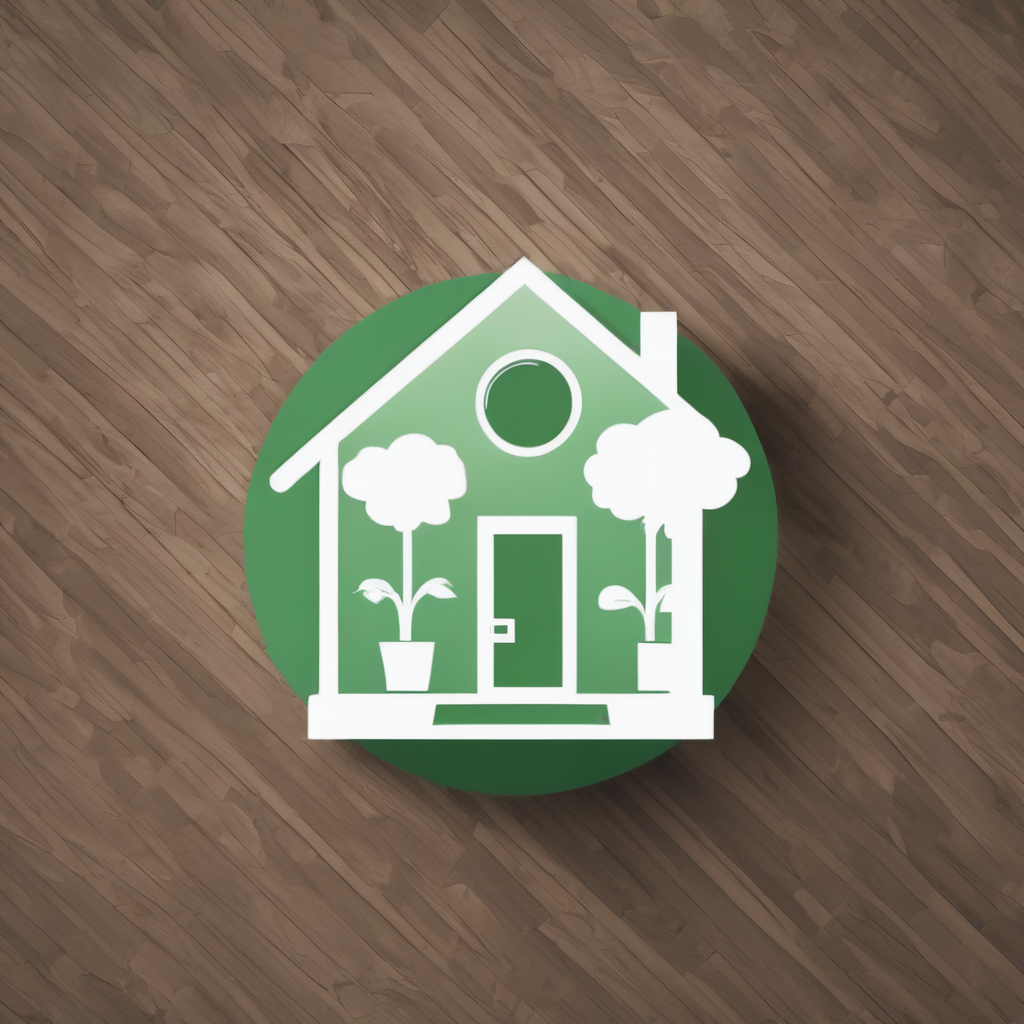Essential Renovations to Improve Property Value
When considering property value improvement in the UK, focusing on kitchen upgrades and bathroom remodels offers substantial returns. Kitchen upgrades, for example, consistently show some of the highest estimated ROI percentages among UK home renovations. Modernising cabinetry, countertops, and appliances not only enhances appeal but significantly boosts a property’s market value.
Bathroom remodels follow closely, providing homeowners with excellent value for money. Simple improvements—like replacing old fixtures, adding new tiles, and updating lighting—can transform the space and greatly increase attractiveness to buyers.
Topic to read : What Factors Shape the Future of Housing Market Trends in the UK?
Understanding the projected cost versus value is vital. While kitchen upgrades often require a higher initial investment, their impact on resale prices tends to be proportionally greater. Bathroom remodels, on the other hand, usually involve moderate costs but still produce notable gains.
Other common improvements, including repainting and flooring updates, can complement these primary renovations, further supporting property value improvement. Choosing these projects wisely, based on current market trends in UK home renovations, ensures both homeowner satisfaction and a robust return when selling.
In the same genre : How Does the UK Real Estate Market Impact Everyday Homeowners?
Maximising Energy Efficiency for Higher Valuations
Improving UK energy efficiency is crucial for increasing a property’s market value. One of the key measures is upgrading your home’s insulation, including loft and wall insulation, which directly influences your Energy Performance Certificate (EPC) rating. A higher EPC rating signals to buyers that the property requires less energy to heat, reducing costs and environmental impact.
Replacing single-glazed windows with double or triple glazing further enhances insulation, while modern heating systems offer more efficient temperature control. These improvements not only boost EPC ratings but also make homes more attractive to energy-conscious buyers, often resulting in higher valuations.
The UK government supports such eco-friendly upgrades through various green incentives, such as grants and schemes designed to offset upgrade costs. These incentives encourage homeowners to prioritize energy efficiency, which in turn helps reduce carbon footprints and operational expenses.
Effectively, focusing on comprehensive insulation improvements, better windows, and efficient heating can significantly raise both the EPC rating and buyer appeal, leading to higher property valuations in today’s market.
Increasing Curb Appeal for Immediate Impact
Boosting curb appeal is essential for making strong property first impressions. Simple, targeted home exterior upgrades can dramatically enhance how buyers perceive your home, often increasing its value without large investments.
Landscaping plays a pivotal role. Freshening up lawns, trimming bushes, adding colorful flowers, or installing new mulch creates an inviting atmosphere. Even small plantings near entryways focus attention and welcome visitors warmly.
Repainting key exterior areas—doors, shutters, or trim—refreshes the home’s look instantly. Choose neutral or complementary colors suited to your home’s style to appeal broadly.
Lighting adds both safety and charm. Installing outdoor lights along pathways or highlighting architectural features generates a warm glow that extends appeal into evening showings.
For budget-friendly curb appeal, focus on:
- Power washing siding, walkways, and driveways to remove dirt and mildew.
- Replacing outdated house numbers and mailbox for a modern look.
- Adding a clean, attractive doormat or seasonal decor to personalize the entrance.
Prioritizing these elements addresses common appraisal criteria, helping maximize your property’s value and set the stage for successful sales.
Legal Requirements and Permits for Value-Adding Projects
Understanding the essentials of UK planning and building protocols
In the UK, planning permission is typically required when you alter the external appearance of a property or change its structure in significant ways. This includes extensions, loft conversions, and certain types of rebuilding. It is essential to differentiate this from building regulations, which ensure the safety and energy efficiency of construction work but may not always require planning permission.
Renovating without the necessary legal permits can cause major issues when selling your home. Properties with unpermitted work often face delays or reduced offers because buyers and lenders demand full compliance. Documentation proving adherence to legal considerations can increase confidence and the perceived value of a property.
To navigate these requirements efficiently, start by consulting local council guidelines and, if necessary, hire a qualified architect or surveyor familiar with UK planning processes. Early engagement with authorities helps anticipate potential objections and streamlines approvals. Keeping thorough records of permissions and inspections protects your investment and ensures your value-adding project enhances your home’s market appeal.
Expert Insights and Data on High-ROI Home Improvements
UK property expert advice consistently highlights that targeted renovations yield the best investment returns. For homeowners seeking to maximize value, focusing on improvements that blend aesthetic appeal with practical enhancements is crucial. Kitchen refurbishments, for instance, rank highly in recent home improvement data for delivering robust ROI, often exceeding 70%.
Another area UK property experts emphasize is the value of adding or upgrading bathrooms. Data shows that a modern bathroom can increase property value significantly, reflecting a preference among buyers for updated facilities. Loft conversions also showcase a favorable return by enlarging living space without expanding the building footprint, a strategy many in the UK market find appealing.
Real-life case studies support these insights. One property in London saw a 15% uplift after enhancing the kitchen and bathroom, demonstrating how strategic investments translate directly to increased market appeal. Another example from a Midlands homeowner revealed how a well-executed loft conversion attracted higher offers, tracking closely with the latest home improvement data.
Understanding this information enables homeowners to make informed decisions, balancing cost and value effectively in a dynamic property market.
Quick-Win Tips for Home-Owners to Boost Value
Small, quick home improvements can significantly raise your property’s appeal without breaking the bank. Start with budget renovations that target visible areas, creating an immediate impression.
For fast property value tips, focus on lighting and paint. A fresh coat of neutral-coloured paint can brighten rooms, making spaces feel larger and cleaner. Updating light fixtures or adding lamps improves ambiance instantly. Kitchen and bathroom upgrades—like replacing cabinet handles or renewing grout—also yield high returns.
DIY projects save money but knowing when to hire professionals is key. Simple tasks like painting are perfect for owners, whereas plumbing or electrical work benefits from expert skills to ensure safety and compliance, ultimately protecting your investment.
A room-by-room checklist helps organise efforts:
- Living room: declutter, refresh soft furnishings, spot-clean carpets
- Kitchen: polish worktops, check appliances, tidy cupboards
- Bathrooms: fix leaks, replace worn seals, update mirrors
- Bedrooms: organise wardrobes, add fresh bedding
- Garden: mow lawns, trim hedges, clean patios
These budget renovations, combined with smart decisions on DIY vs. professional upgrades, create a clearer route to increasing your home’s market value efficiently.


